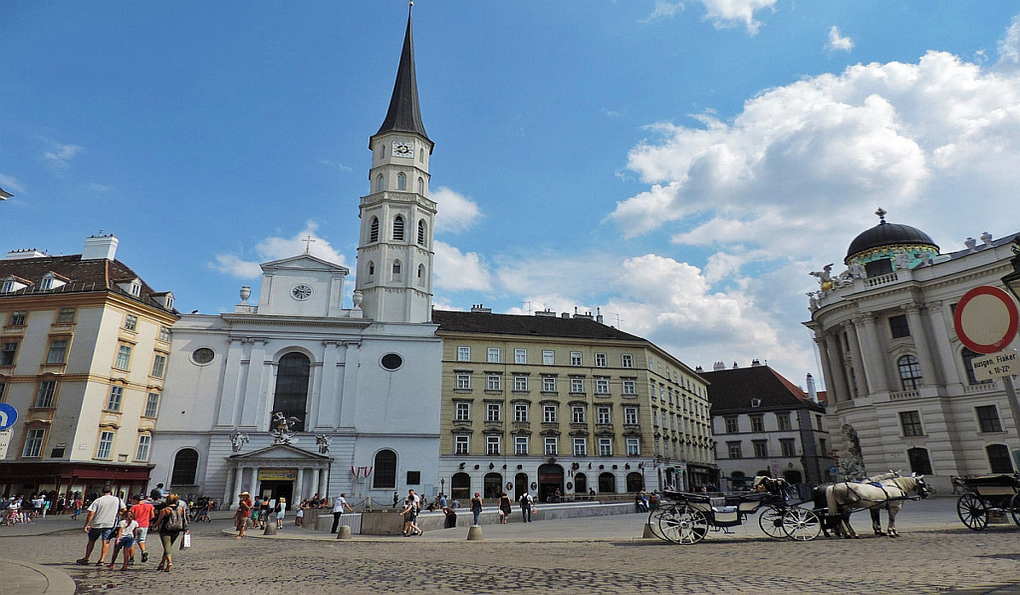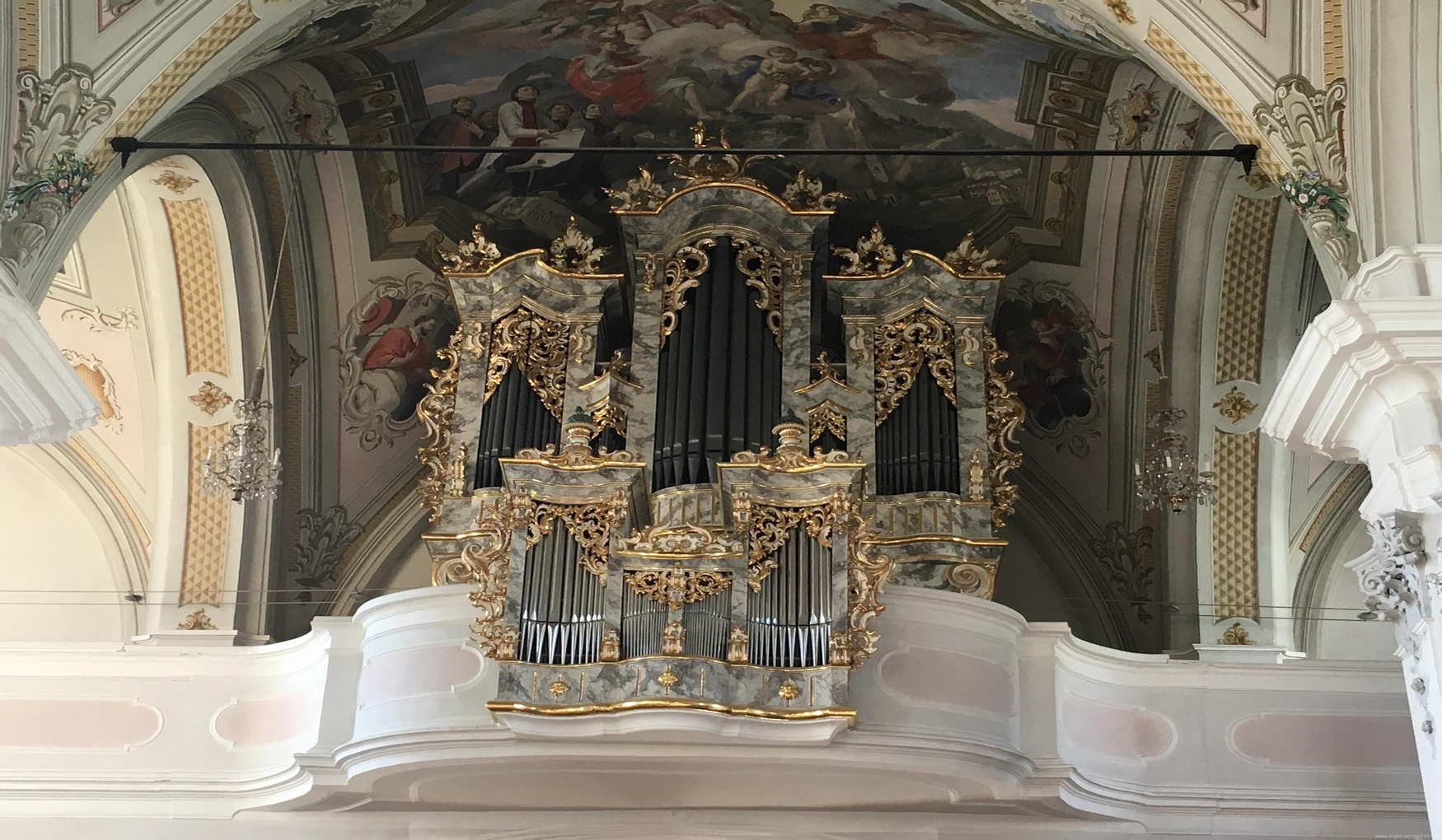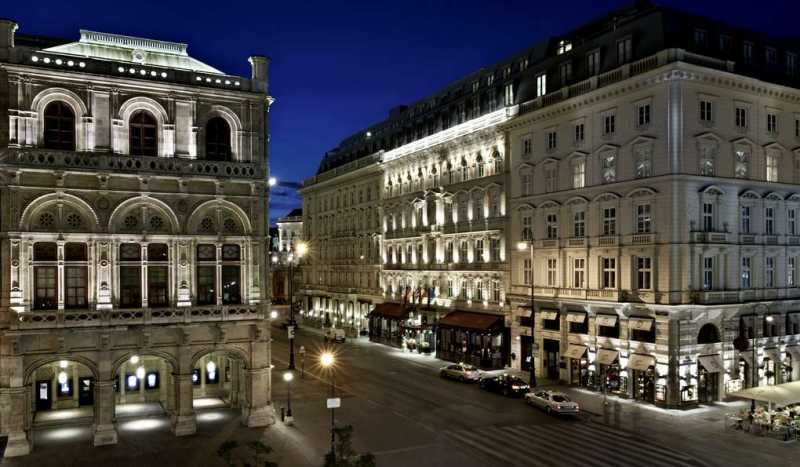The Roman Catholic parish church of St Michael was built in the 13th century and is still open to parishioners and visitors. The first stone was laid as early as the 11th century. The building was originally Romanesque, but in the 16th century it was rebuilt in the best Gothic traditions. For example, a Gothic window was added to the west façade and a pointed tower, characteristic of Gothic architecture, was built to replace the dome that was destroyed by an earthquake.
As its name suggests, the church was built to commemorate the leader of the heavenly host, Saint Michael. The main deed of the supreme angel is known among a wide circle of people all over the world. It was he who fought at the side of the French, shoulder to shoulder with Joan of Arc.
The church in its present form is a mixture of styles, the result of reconstruction in the second half of the 18th century. The Gothic tower and windows remain, but the portal was rebuilt in the Baroque style, as were the interior main and northern choirs. The south choir still evokes images of the dark Middle Ages, while the west facade is a fine example of neoclassicism.
St Michael's Church in Vienna is also famous for its famous creators. The Baroque main entrance is the work of the Austrian-Italian theatre engineer, architect and painter Antonio Beduzzi. The Tuscan sculptures on the pediment, depicting the fall of the angels, are the work of the Italian-born German sculptor Lorenzo Mattieli.
The façade of the building is austere and elegant. To some, it may seem a little unassuming, but once inside, the contrast with the magnificent baroque altar, with its multitude of fallen white angels fighting Michael, is striking.
The atmosphere inside is calm and serene, so even if you're not Catholic and not used to religious ecstasy, it's worth stepping inside for a break from the noise of the city and the hustle and bustle of life.
And all the devout Catholics can say their prayers next to the miraculous icon of Our Lady in the centre of the altar. Bring the whole family or even the children to hear Vienna's largest organ, designed by David Sieber in 1714.
But for the thrill-seeking and not too superstitious, the crypt is well worth a visit. St Michael's Church in Vienna was the final resting place for more than 4,000 people, so the floor and ceiling of the crypt are lined with human bones.
If you are brave enough, you can inspect the 250 bodies lying in open coffins. These are not just ashes, they are real mummies. In fact, the church maintains a special - and constant - temperature and humidity regime that prevents the bodies from decomposing. It is worth noting that the administration takes care of the appearance of the mummies, so they are perfectly dressed, each according to the latest fashion of his time.
So why are there so many burials in the church? As is so often the case, it has to do with money. To be buried in St Michael's Church was prestigious, so it did not come cheap.
Most wealthy families were willing to pay the price, so there was no shortage of applicants for the final resting place. Vatican officials had to build a second and then a third crypt so as not to offend the applicants with refusals and at the same time receive generous donations for the church.
Mozart was also buried in the Michaelerkirche (as the church is called in Austrian) after his death. It was here that his legendary Requiem was first performed.
The famous poet Pietro Metastasio, who wrote librettos for Mozart, Vivaldi and Handel, is buried here. The church boasts not only famous people who have died in it, but also important living parishioners, including the entire imperial family.











